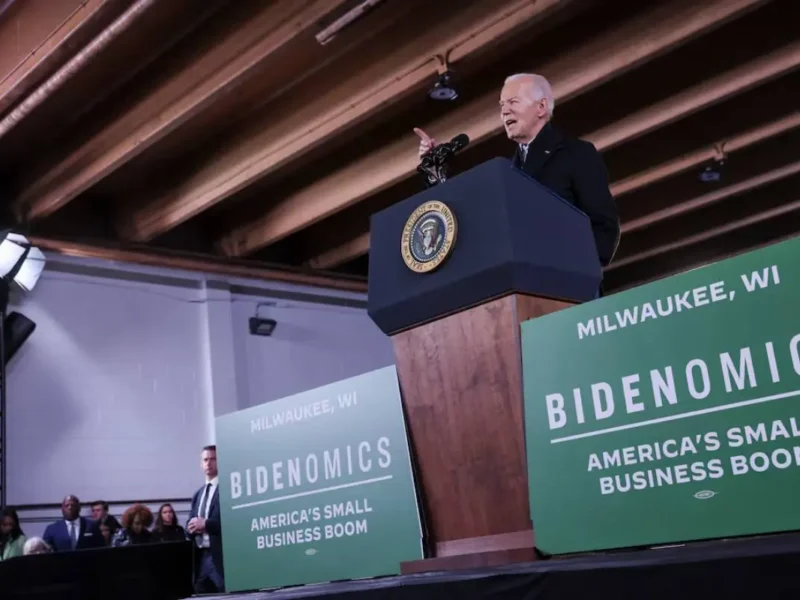
China First To Name Ambassador To Afghanistan Since Taliban Takeover
Photo: @TalibanPRD__
By Farwa Aamer
Director of South Asia Initiatives at the Asia Society Policy Institute
China has just become the first country to formally name a new ambassador to Afghanistan since the Taliban takeover.
Its decision to name a new ambassador to Afghanistan is framed as a routine diplomatic rotation. This implies that China does not want to disrupt its existing diplomatic ties and intends to continue engaging with Afghanistan, irrespective of the political changes there.
China is interested in maintaining a functional relationship with Afghanistan to protect its interests, such as regional stability, security, and economic investments—a component of which is the BRI and Afghanistan’s strategically important location for the initiative. Earlier this year, China, Pakistan, and Afghanistan had also agreed to extend the flagship project, the China-Pakistan Economic Corridor (CPEC), into Afghanistan giving it a prominent role in the ambitious initiative.
Of course, continued diplomatic engagements also help cater to China’s concerns about any potential spillover of instability and extremism from Afghanistan into its Xinjiang region. By maintaining diplomatic ties and dialogue with the Taliban, China may aim to keep the security challenges in check as much as possible while still following its principle of noninterference.
Additionally, China’s move could also be seen in the context of global power dynamics. By being the first to name an ambassador post-takeover, China aims to position itself as an influential actor in the region–a possible diplomatic flexing of muscles, especially when many Western countries are still hesitant to engage with the Taliban.
However, so far, the reports stand that China did not explicitly state that this appointment represents formal recognition of the Taliban government, so there is an international alignment to the move as well. However, this materialized at a time when China’s close ally Pakistan was experiencing a tense period with Afghanistan at the borders. Could we see China in a possible mediator role? If so, it could serve China’s interests in stabilizing its western border regions and enhancing its regional diplomatic standing.




